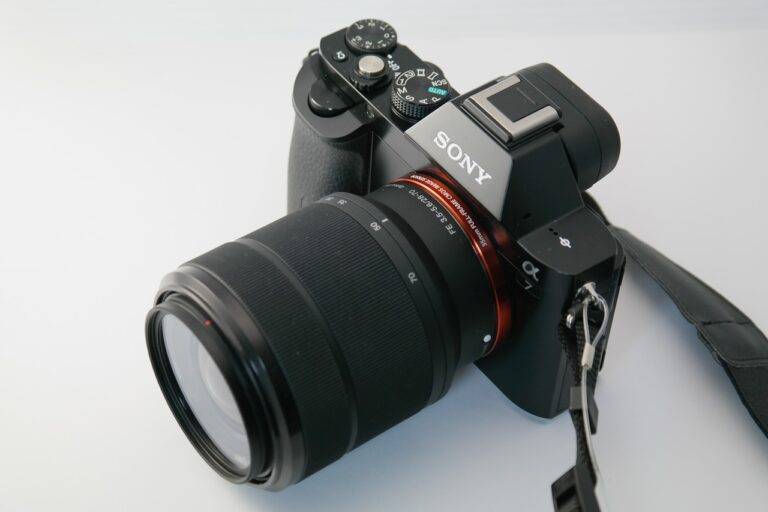The Role of AI in Enhancing Medical Imaging
Artificial Intelligence (AI) is revolutionizing the field of medical imaging by offering advanced tools for analyzing complex data. Through the integration of machine learning algorithms, AI has the potential to enhance diagnostic accuracy and streamline the interpretation of medical images. By swiftly processing vast amounts of imaging data, AI technologies can assist healthcare professionals in detecting abnormalities and making precise diagnoses in a timely manner.
Moreover, AI has the capability to assist radiologists and other medical experts in identifying subtle patterns and markers that might be challenging to detect with the naked eye. This innovative technology has the capacity to uncover hidden insights within medical images, leading to more personalized treatment plans and improved patient outcomes. As AI continues to evolve and adapt to healthcare needs, its potential in medical imaging remains promising for enhancing the quality and efficiency of diagnostic procedures.
Advantages of AI in Enhancing Diagnostic Accuracy
In the field of medical imaging, the integration of artificial intelligence (AI) has shown remarkable potential in enhancing the accuracy of diagnostic processes. By utilizing advanced algorithms and deep learning techniques, AI systems can analyze complex imaging data with precision and speed, leading to more accurate and reliable diagnostic results. This capability is particularly valuable in detecting subtle abnormalities or patterns in medical images that may be challenging for human radiologists to identify, ultimately improving patient outcomes and treatment decisions.
Moreover, AI-driven diagnostic tools can assist healthcare providers in reducing the incidence of errors and misinterpretations in medical imaging analyses. With the ability to process vast amounts of data and learn from previous cases, AI systems enhance diagnostic accuracy by providing supplementary insights and flagging potential issues for further review. This proactive approach not only streamlines the diagnostic process but also facilitates a more comprehensive evaluation of patient images, ultimately leading to more informed clinical decisions and improved healthcare delivery.
Impact of AI on Speed and Efficiency in Medical Imaging
In the realm of medical imaging, the integration of AI technologies has revolutionized the speed and efficiency of processes. By utilizing AI algorithms, healthcare professionals can now swiftly analyze vast amounts of medical images such as X-rays, MRIs, and CT scans. This accelerated analysis not only expedites the diagnostic process but also enables timely treatment interventions for patients.
Moreover, AI has significantly enhanced the overall efficiency of medical imaging procedures by streamlining workflows and optimizing resource allocation. With AI-powered tools, medical facilities can automate repetitive tasks, prioritize urgent cases, and reduce the burden on radiologists. This improved efficiency not only saves time but also enhances the quality of patient care by ensuring prompt and accurate diagnoses.





